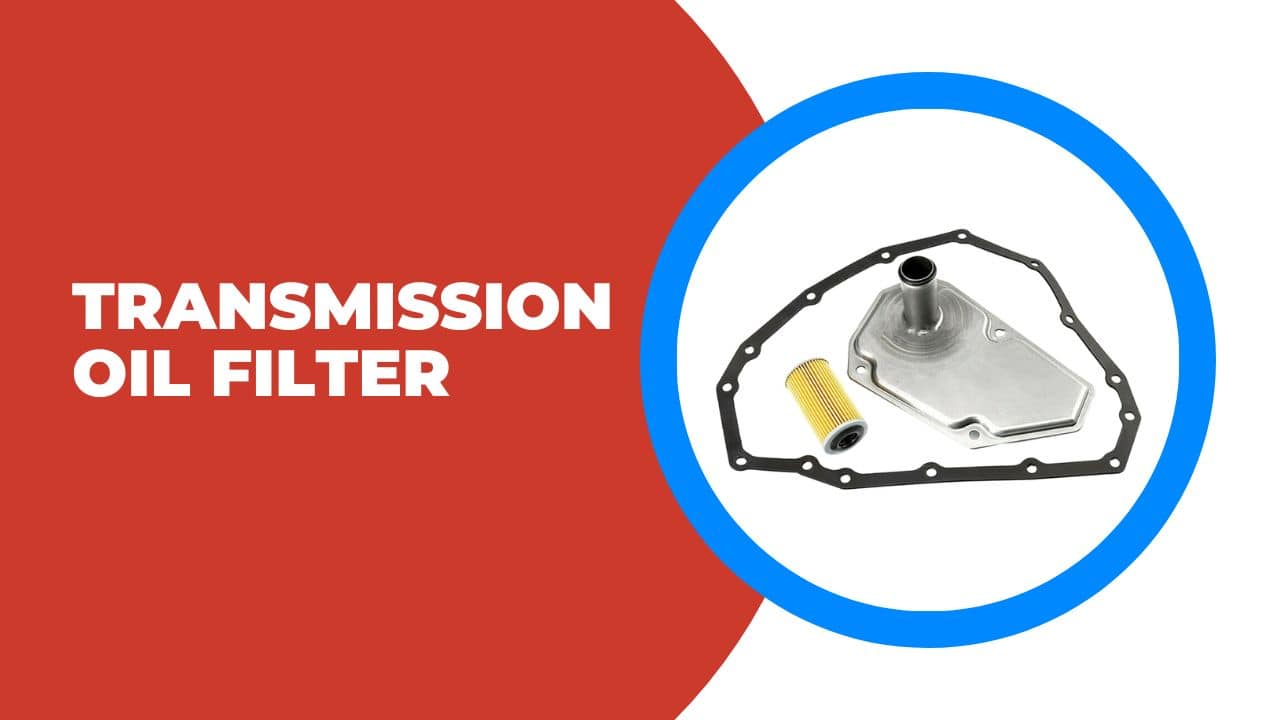
A vehicle’s transmission system takes power from its engine to the wheels. The transmission fluid plays a vital role in this system, and its filter is an essential cog; it always needs to be in good condition.
The filter, a small component, keeps debris and dirt generated in the gears from getting into the transmission fluid. It is located between a tube that acts as a transmission fluid regulator and a pan that collects excess fluid.
Dirt inevitably accumulates over time, thus the need to change filters from time to time. Most manufacturers recommend a change after every 30,000 miles (48,280 km) or every two years, whichever comes first.
The transmission systems of most modern vehicles are pretty advanced technologically. They require almost perfect filtration. This has only increased the importance of the transmission filter.
What Does a Transmission Oil Filter Do?
The transmission oil filter ensures the transmission fluid remains a lubricant. It ensures the fluid doesn’t contain elements that would destroy the system or inhibit its function by filtering them. Possible impurities that it should filter out include dirt debris and metal shavings.
The metal shavings usually come from the engine when you delay changing the gear oil. The filter comes in a kit that has a pan that holds excess oil before it gets into the filter. This kit also comprises a tube to regulate the flow of oil. All the parts work together to keep the fluid flowing and, therefore, keep the transmission system healthy.
Do I Need to Change the Transmission Oil Filter?
You can clean the filter by flushing out the dirt clogging it. Nevertheless, there comes a time when it becomes necessary to change it. You should conduct a routine oil change every two years or after 30000 miles.
You may need to change the filter before it’s time for a routine change if you notice any of the following.
Burning Smell or Smoke from the Engine
The burning smell from the engine is a sign of a clogged transmission oil filter. Extreme cases of blockage cause smoke to come from the engine. Failure to act on any of these signs can cause severe destruction to your engine.
Difficulty Changing Gears
One of the many things that could make shifting hard is a broken transmission oil filter. Sometimes, when the filter is dirty, it becomes impossible to shift gears at all. Also, gears may grind for no apparent reason.
Another sign of a bad transmission oil filter is a car that surges out of control after changing gears. Check the filter when you notice any of this and replace it if you determine it is the problem.
Leakage
There are a few ways a filter can cause leakage. The transmission oil filter kit has other components, including a gasket. The gasket can crack or get dislodged, leading to an oil leak. If you find a poodle of oil under the vehicle, you need to replace the ruined component fast.
Furthermore, a clogged filter keeps the fluid from flowing, which allows it to be in one place long enough to leak.
Noise in the Transmission System
A clogged or faulty transmission filter can cause noise in the transmission system. Such noise is a major cause for alarm if the car remains noisy in neutral gear. Furthermore, noise from the filter may be due to loose fasteners.
What is the Cost of Changing a Transmission Filter?
The cost of changing transmission oil filters varies from case to case due to various factors. There are various types of filters; compact flat filters, suction filters, and spin-ons. Some of these types are more expensive than others, and therefore the type of filter will determine the cost of replacing it.
The extent of damage necessitating the change also determines the number of repair parts and, thus, the cost. Transmission filters come as part of a kit. This kit includes a gasket, pick-up tube, seal, and filter. The number of parts in the kit that need to be repaired determines how much the repair will cost.
Conclusion
The transmission oil filter is critical to a vehicle’s or other engine system’s function. It facilitates the transfer of mechanical power from the engine to the wheels. Its role in the system is to keep impurities from engines from getting into the system and wrecking it.
ITR Lubricants’ Premium manual transmission oil, axle transmission oil, ATF, CVTF, or DCTF. This range meets high requirements for cars, trucks, and commercial vehicles. Get a quote for a transmission oil filter
